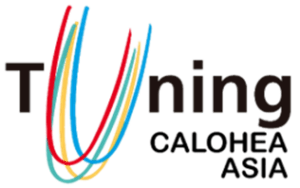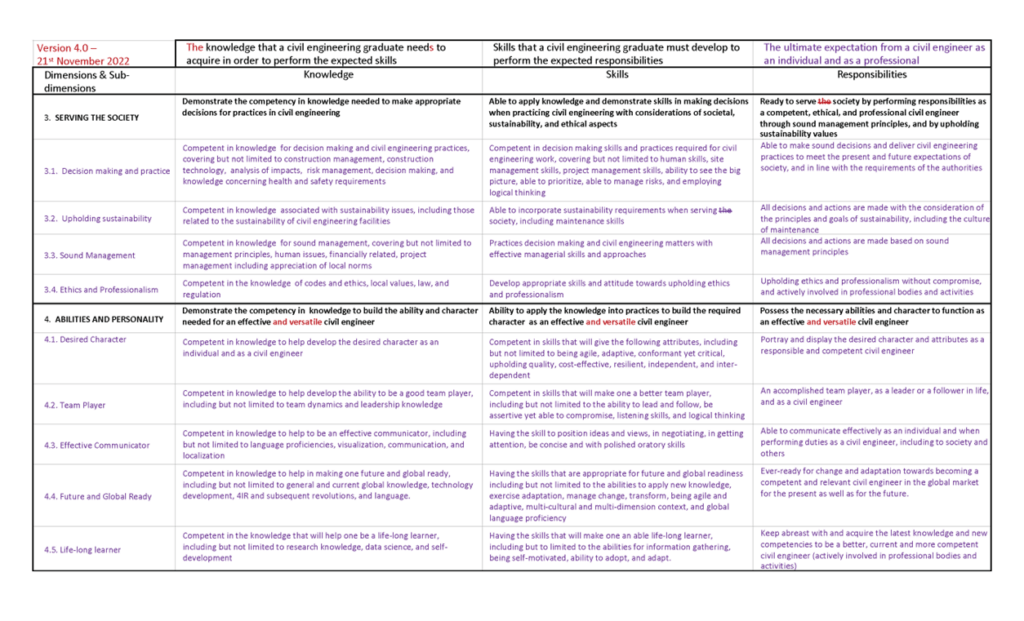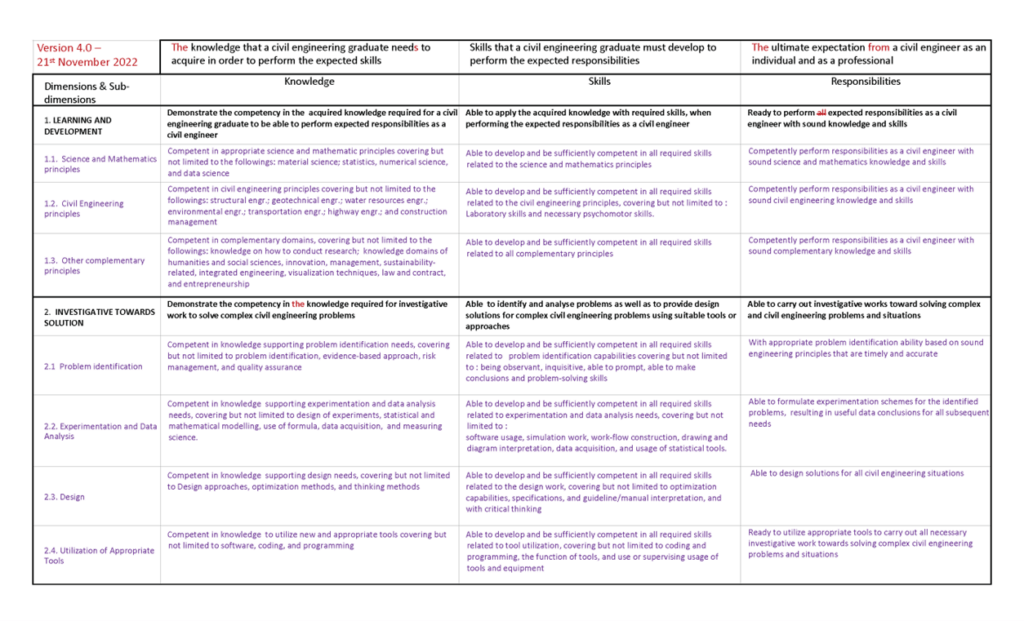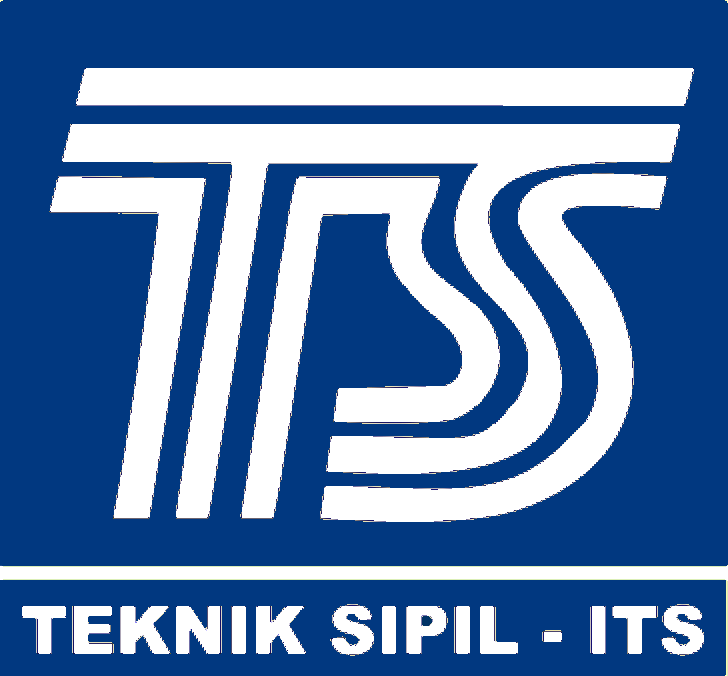CALOHEA Regional Subject-Specific Reference Frameworks as tools for Promoting recognition and internationalization
informasi
One of the tools created by the CALOHEA Erasmus+ project participants in order to facilitate recognition of degrees and periods of studies both within the ASEAN region and between the ASEAN region and other world regions are Regional Subject-Specific Reference Frameworks.
A Qualifications Framework is a structure that allows us to classify different qualifications in a geographical area covered by the framework and establish a broad equivalence of qualifications (e.g. first cycle of higher education/undergraduate, etc.) across the region. This is done through describing what a learner will have developed in terms of knowledge, skills, attitudes, competences, etc upon successfully completing a particular level of studies.
Regional Qualifications Reference Frameworks seek to establish broad equivalence among qualifications offered in more than one country. Such frameworks are intended to be used as Reference Documents – facilitating recognition but not overruling National regulations or National Qualifications Frameworks. The ASEAN Qualifications Reference Framework (AQRF) and the European Qualifications Framework (EQF) could be two good examples here.
CALOHEA Subject-Specific Qualifications Reference Frameworks facilitate recognition through allowing to:
- clearly see which key dimensions must be addressed by each programme in the subject area;
- establish equivalence between qualifications offered in different countries in terms of their level, regardless of how the qualifications are referred to in each of the countries;
- express specialisation of a particular programme in terms of the sub-dimensions addressed;
- compare the level of achievement aimed at for each of the sub-dimensions – in terms of knowledge, skills or responsibilities;
- compare shorter periods of study as well – periods of study during which only particular types of knowledge, specific skills or capacity to perform particular responsibilities can be developed.
CALOHEA Regional Subject-Specific Qualifications Reference Frameworks state in a detailed manner what knowledge, skills, attitudes, competences, etc. are expected from graduates of a ARQF Level 6 degrees in Civil Engineering, Medicine and Teacher Education; & allow recognition across all the countries involved in the development of the Frameworks.
For the Civil Engineering SAG, the framework includes 4 dimensions such as:
- Learning and Development
- Investigative Towards Solution
- Serving the Society
- Abilities and Personality
The details of Reference Frameworks for SAG Civil Engineering can be found in the Figure below:
To see all CALOHEA Reference Frameworks, visit https://calohea.org/
The CALOHEA Erasmus+ project is coordinated by the Tuning Academy of the University of Groningen (the Netherlands) and the ASEAN University Network and is co-funded by the European Commission.
Latest News
-
Looking for examples of authentic assessment tasks in Civil Engineering, Medicine or Teacher Education? Check CALOHEA Complications of Inspirational Examples prepared specifically for the ASEAN higher education institutions
While authentic assessment is key if you want to prepare industry-ready graduates and make sure your students achieve complex
-
CALOHEA Regional Subject-Specific Reference Frameworks as tools for Promoting recognition and internationalization
One of the tools created by the CALOHEA Erasmus+ project participants in order to facilitate recognition of degrees and
-
Testimonial from a Project Participant at ITS
As a participant in the CALOHEA project from the Department of Civil Engineering at Institut Teknologi Sepuluh Nopember (ITS),









